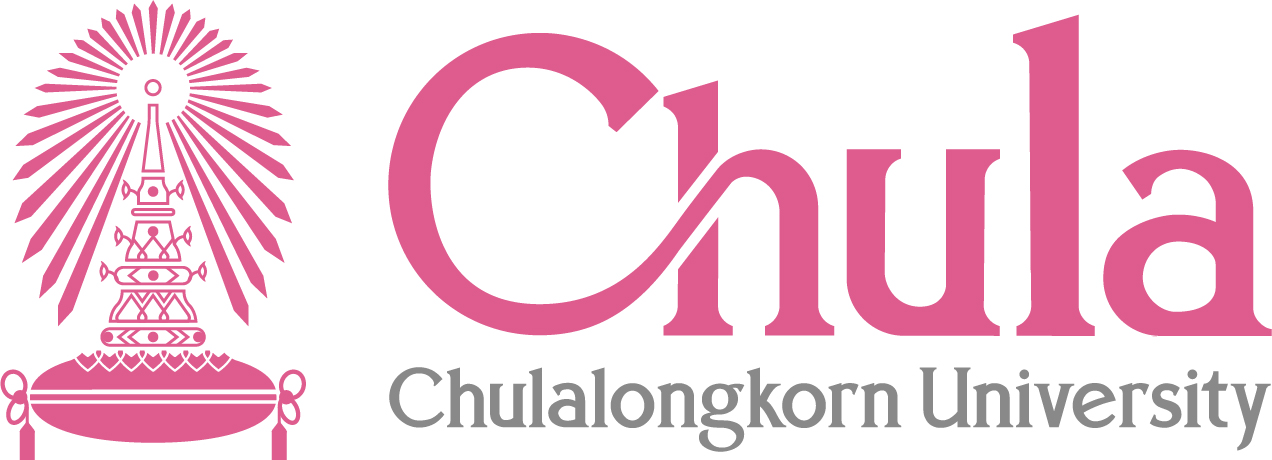Newswise — The highly-anticipated side event of the APEC CEO Summit saw university presidents and policy-makers promote global partnerships for achieving effective research and future-proof strategies
(18 November, 2022 - HONG KONG) – Business leaders, policy makers, and university presidents from APRU, a network of 60 leading research universities from 19 economies around the APEC region, convened at the Chulalongkorn University, Thailand, on 16 November for the APEC University Leaders' Forum (AULF) 2022, under the theme: “Preparing for the Next Pandemic.”
As a selected side event of the APEC CEO Summit held this year in Thailand, the forum offered a rare opportunity for global leadership to gather and implement a plan through collaboration across sectors, institutions, and continents.
After the world had experienced nearly three years of disruption due to Covid-19, this year's AULF provided a much-needed platform for influential figures in politics, business, and higher education to gather and discuss ways to enhance global resilience should another pandemic happen.
More than 20 high-profile speakers from the Asia-Pacific region came together to share their views on building joint research, strategies, and policies, including Prof. Bundhit Eua-arporn, President of Chulalongkorn University, Thailand, and Prof. Gene D. Block, Chair of APRU and Chancellor of UCLA. Both gave welcome remarks at the opening ceremony.
Chancellor Block said it was crucial for academic, business, and political leaders to convene at AULF 2022 to discuss ways to create a more robust, resourceful, and responsive world in the future.
"On behalf of APRU, I am delighted to welcome distinguished guests, speakers, and participants from the Asia-Pacific region to the APRU APEC University Leaders' Forum 2022. This year's theme could not be more timely for our world, which has undergone nearly three years of profound changes due to the effects of Covid-19."
He continued: "The forum is a critical opportunity for leaders to come together across sectors and geographies to share views, strategies, and technologies that will strengthen our collective capacity to deal with another pandemic."
Prof. Bundhit Eua-arporn, President of Chulalongkorn University, said: "It has been our pleasure at Chulalongkorn University to bring together top minds in the Asia-Pacific region for talks and exchanges that would benefit citizens around the world. Chulalongkorn believes in the power of partnerships and is firmly committed to working with other institutes, APRU, and leaders to make progress on our common objectives."
His Excellency General Prayut Chan-o-cha, Prime Minister of the Kingdom of Thailand, also delivered a keynote speech. He was followed by Chancellor Block, who engaged the audience with a special plenary address on global partnership.
Other forum highlights consisted of three thought-provoking panel discussions, which explored ways to foster collaborative efforts in researching, strategy-setting, and handling misinformation.
The first session, titled "Partnering on Biomedical Research," saw leaders from different sectors exchange ideas on improving biomedical responses, such as manufacturing and distributing biomedical and therapeutic assets effectively, in the state of global emergency.
Panelists then focused on the socio-cultural aspect of a pandemic in the second session, titled "Partnering on Effective Socio-cultural Strategies," which addressed opportunities and challenges in imposing public health strategies in a diverse yet connected world.
The last session touched upon a topic at the heart of a digitalized world. Under the theme of "Partnering on Combatting the Infodemic," panelists assessed the role false and misleading information plays in a pandemic and the urgency for countries to tackle the phenomenon as a team.
Prof. Rocky S. Tuan, APRU Vice Chair and Vice-Chancellor and President of The Chinese University of Hong Kong, underlined the urgency of promoting and facilitating cooperation in biomedical research in Asia-Pacific and beyond.
He noted: “Although most of the world is emerging from the full shadow of the Covid-19 pandemic, our shared experience over the past three years has enabled us to see the importance of working together as a team that combines governments, industry, academia, NGOs and the community, to address a global health crisis, especially in researching, manufacturing, assembling and distributing medical biomedical and therapeutic resources.”
Prof. Deborah Terry, Vice-Chancellor and President of The University of Queensland, Australia, emphasized the importance of assessing sociocultural factors while formulating strategies for the future.
She said: "Asia-Pacific is one of the most socially and culturally diverse regions worldwide. Assessing the role that socio-cultural context plays in different communities across the region, particularly in the face of a global medical emergency, is essential in ensuring that we can draw future-proof plans in a just, fair, and all-inclusive way."
Professor Dawn Freshwater, Vice-Chancellor of Waipapa Taumata Rau, University of Auckland, New Zealand, explained her thoughts on infodemic.
"Our world is more connected than ever. In this digital age, information is passed on and shared within milliseconds across borders, languages, and faiths,” she said. “Combating misinformation and disinformation will be vital to implement public health measures effectively. In this context, regional and international collaborations are paramount for achieving the goal."
For more information on APRU and its events, please visit https://www.apru.org.

